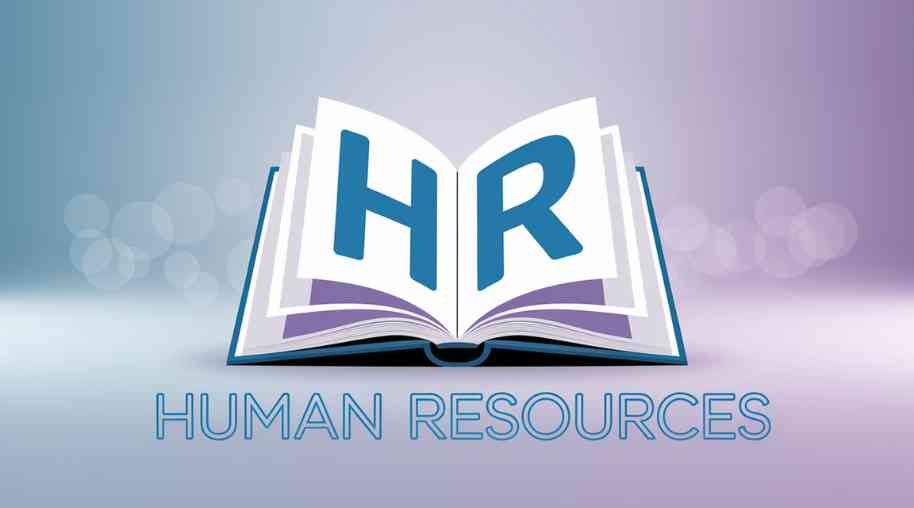HR Full Form-Human Resources
by Shashi Gaherwar
0 2293
Human Resources (HR) in Organizations
Human Resources (HR) is the backbone of any organization, responsible for managing the workforce, culture, and overall employee experience. Beyond traditional hiring and payroll tasks, HR today plays a strategic role in talent development, employee engagement, and organizational success. As businesses evolve, HR departments must adapt to changing workplace dynamics, technological advancements, and workforce expectations.

Key Functions of Human Resources
HR departments perform several crucial functions that contribute to an organization’s efficiency and success.
- Talent Acquisition and Recruitment
- Identifying, attracting, and hiring the best candidates for various roles.
- Implementing effective recruitment strategies to align talent with business needs.
- Enhancing employer branding to attract top professionals and skilled workers.
- Employee Onboarding and Training
- Ensuring smooth onboarding experiences for new hires.
- Providing training programs to develop employees' skills and competencies.
- Encouraging continuous learning and professional growth.
- Performance Management and Appraisals
- Setting clear performance goals and evaluation criteria.
- Conducting periodic performance reviews and feedback sessions.
- Recognizing and rewarding employee achievements through incentives and promotions.
- Compensation and Benefits Management
- Designing competitive salary structures.
- Providing benefits like health insurance, retirement plans, and wellness programs.
- Ensuring fair pay structures and compliance with labor laws.
- Employee Engagement and Workplace Culture
- Creating a positive and inclusive work environment.
- Implementing employee engagement programs to boost motivation.
- Encouraging open communication and strong employer-employee relationships.
- HR Compliance and Legal Responsibilities
- Ensuring adherence to labor laws and employment regulations.
- Handling employee grievances and workplace conflict resolution.
- Managing diversity and inclusion policies to maintain equal opportunities.
Challenges Faced by HR Professionals
Despite its importance, HR faces several challenges in today’s dynamic business world:
- Talent Shortage – Finding and retaining skilled employees in a competitive job market.
- Remote Work Adaptation – Managing hybrid and remote workforces effectively.
- Employee Expectations – Addressing work-life balance, mental health, and career growth demands.
- Technology Integration – Utilizing HR technology like AI-powered recruitment tools and HR analytics.
- Legal Compliance – Keeping up with changing labor laws and regulations.
The Future of Human Resources
The HR industry is continuously evolving, with emerging trends shaping its future:
- HR Automation & AI – Automating tasks like resume screening, performance tracking, and employee analytics.
- Focus on Employee Well-being – Implementing mental health programs, flexible work policies, and wellness initiatives.
- Diversity and Inclusion – Prioritizing equal employment opportunities and diverse work environments.
- Data-Driven HR – Using HR analytics to improve hiring, performance evaluation, and retention strategies.
Human Resources is more than just hiring and payroll—it is a strategic function that ensures a productive, engaged, and satisfied workforce. As workplaces transform with digitalization and evolving employee needs, HR professionals must adapt, innovate, and lead in shaping the future of work. Organizations that invest in strong HR practices will thrive in a competitive and ever-changing business landscape.
Further Learning Resources
If you’re passionate about building a successful blogging website, check out this helpful guide at Coding Tag – How to Start a Successful Blog. It offers practical steps and expert tips to kickstart your blogging journey!
For dedicated UPSC exam preparation, we highly recommend visiting www.iasmania.com. It offers well-structured resources, current affairs, and subject-wise notes tailored specifically for aspirants. Start your journey today!

Share:









Comments
Waiting for your comments